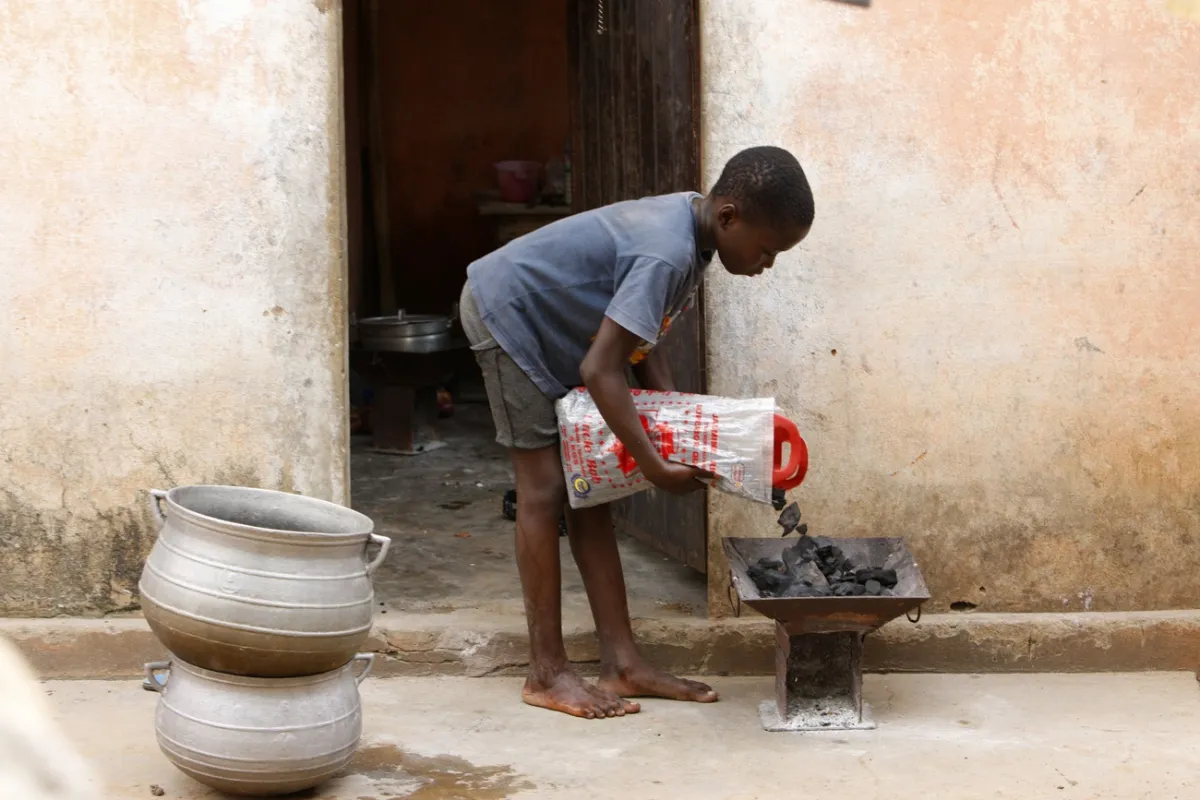
Emission Reductions: The Countries Doing The 'Dirty Work' For Switzerland
I cover climate change and energy through reportages, articles, interviews and in-depth reports. I am interested in the impacts of global warming on everyday life and solutions for an emission-free planet. Passionate about travel and discovery, I studied biology and other natural sciences. I have been a journalist for SWI swissinfo for more than 20 years.
-
More from this aut
Italian Departm
-
Français
fr
Réduction des émissions de CO2: les pays qui font le ((sale boulot)) pour la Suisse
Read more: Réduction des émissions de CO2: les pays qui font le ((sale boulot)) pour la S
Italiano
it
Riduzione delle emissioni, i Paesi che fanno il“lavoro sporco” per la Svizzera
Original
Read more: Riduzione delle emissioni, i Paesi che fanno il“lavoro sporco” per la Svi
日本語
ja
「安上がり」なカーボンオフセット 有効性への不信拭えず
Read more: 「安上がり」なカーボンオフセット 有効性への不
中文
zh
减排:为瑞士干“脏活”的国家
Read more: 减排:为瑞士干“脏
Switzerland wants to reach net-zero emissions by 2050. It's not alone – many other countries, including Australia, Canada, Brazil, the United Kingdom, and the European Union (EU) have the same goal.
Unlike most other nations of the planet, however, Switzerland aims to achieve this goal in large part by reducing emissions outside of its borders. The country is pioneering the use of a provision in the 2015 Paris Agreement to offset a portion of its domestic emissions.
The underlying idea is simple: Switzerland finances another country's climate protection measures – for example to promote renewable energy or preserve forests. In return, Switzerland receives emission reduction certificates that it can use to meet its national climate targets. Overall carbon production is reduced, but not necessarily within Swiss borders.
In the series“10 Years of the Paris Agreement”, we highlight what has been done in terms of emissions, renewable energy, climate policies and climate research in Switzerland and around the world since 2015.
Switzerland has already partnered with about a dozen countries to reduce emissions, mainly in Africa and Latin America, and this strategy is a cornerstone of its national climate policyExternal link.
Japan is also committed to this system, and international emission offsetting is now among the climate policy instruments of the EU, despite its historical opposition. It is a central topic at the United Nations climate conference (COP30) currently taking place in Belém, Brazil. But this strategy is controversial.
That's because, on the one hand, offsetting costs less money than many domestic measures and it contributes to sustainable development in developing countries. On the other hand, it risks discouraging domestic climate efforts. Scientific studies and media investigations also raise doubts about the real effectiveness of carbon offset projectsExternal link.
>> Carbon offsetting is always a major talking point at international climate conferences. Read more on this below:
More More Climate solutions What do new rules on carbon offsets mean for dealmaker Switzerland?This content was published on Nov 26, 2024 Switzerland, which is highly reliant on carbon offsets, celebrated the agreement reached at COP29.
Read more: What do new rules on carbon offsets mean for dealmaker Switzer
Legal Disclaimer:
MENAFN provides the
information “as is” without warranty of any kind. We do not accept
any responsibility or liability for the accuracy, content, images,
videos, licenses, completeness, legality, or reliability of the information
contained in this article. If you have any complaints or copyright
issues related to this article, kindly contact the provider above.


















Comments
No comment